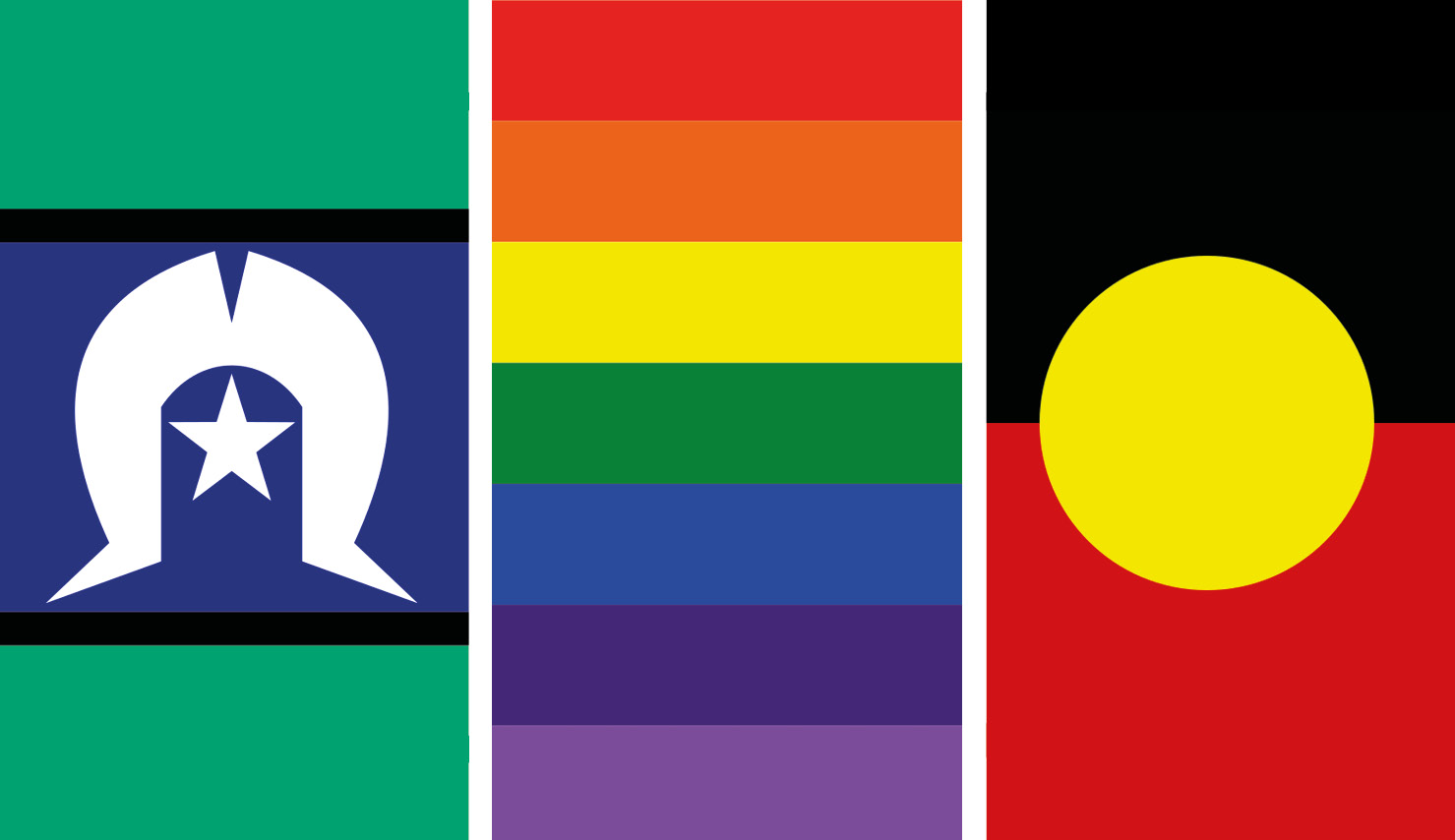Search
Showing results for "mental health aboriginal"

Research
Stigma and mental health in teenagers who are attracted to the same genderYael Perry BPsych (Hons) MPsych (Clin) PhD Head, Youth Mental Health 08 6319 1298 yael.perry@thekids.org.au Head, Youth Mental Health @yaelperry she/
Research
Psychological Wellbeing Amongst Parents of Trans Children: An in-Depth Qualitative InvestigationResearch has shown that parents of trans children face numerous challenges as they navigate their parenting role, however, little is known about the impact of these challenges on parents’ psychological wellbeing.
Research
Intersex adolescents seeking help for their depression: the case study of SPARX in New ZealandSPARX is a computerized cognitive behavioral therapy self-help program for adolescent depression that is freely available in New Zealand. At registration, users identify themselves as either male, female, intersex, or transgender. We aimed to describe the mental health of adolescent intersex users. A secondary analysis of SPARX usage data over 5 years.

News & Events
WA government cites Embrace in new strategyEmbrace @ The Kids Research Institute Australia's Co-Directors Professor Ashleigh Lin and Professor Helen Milroy have welcomed the release of a new WA government mental health research strategy.

Are you a young person (14-25 years old) who is Aboriginal and/or Torres Strait Islander and LGBTIQ?
Research
Tobacco smoking and mental disorders in Australian adolescentsThis study aimed to (1) examine the strength of the association between mental disorders/mental health problems, risk behaviours and tobacco smoking among Australian adolescents, (2) compare rates of tobacco smoking among Australian adolescents with major depressive disorder, attention-deficit/hyperactivity disorder and/or conduct disorder in 2013/14 vs 1998, and (3) identify the extent to which an association between tobacco smoking and mental health problems among adolescents can be attributed to non-mental health risk factors.
Research
Developmental queer and trans actualizations: A clear pathway to promoting health and well-being for sexually and gender diverse youthMinority stress models and trauma-focused approaches have predominated our understanding and responses to health disparities among sexually and gender diverse (SGD) young people for more than 30 years. While the impacts and root causes of adversities are undoubtedly critical for promoting SGD health and well-being, it is important to highlight strengths-based narratives of the lives of SGD youth.
Research
Role of maternal mental health disorders on stillbirth and infant mortality risk: a protocol for a systematic review and meta-analysisWe plan to examine whether prenatal maternal mental health disorders impact the risk of stillbirth and infant mortality

News & Events
WATCH: Finding our Voice webinarPresenters for the Finding our Voice webinar held at The Kids Research Institute Australia on Tuesday 21 May.
